The beginning of the FanEdit is totally different to the original with a new opening title sequence. These new opening credits have hints of Zulu (1964) and music by John Barry plays over them.
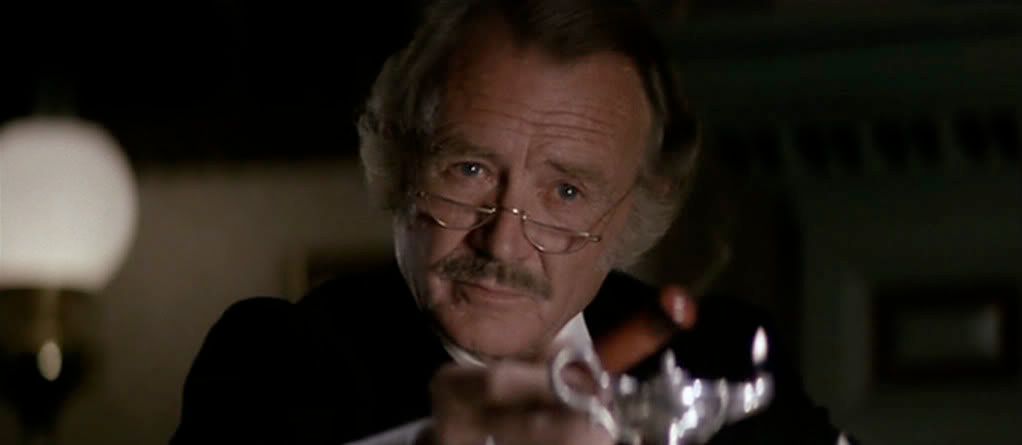
Music has been removed from the scene with Lord Chelmsford (O'Toole) and Sir Henry Bartle Frere (Mills) planning the destruction of Zululand and totally new sound design has been created to fill the space. The scene is now free of "micky-mouse" music. The term "micky-mouse" when used in terms of film music, means that the score copies the action almost literally. One poorly dubbed line by John Mills has also been removed. As a result of these changes, the scene has a slower pace and colder feel.
The music before the invasion is mainly "regimental band" music. This has been altered as scenes are in a different order. Work has been done to make the sound blend seamlessly with the re-ordered of scenes.
The invasion of Zululand has had all the sound removed and replaced with newly created sound design and John Barry score. This is a long and major sequence. The work involved was extensive. New sounds include; horses, wagons, whips, cows, water, rope, splashes, Zulu chants, footsteps, creaking wood and mud etc
Again, all the sound has been removed as the British troops advance into Zululand and encounter their first Zulus. Here new sound design and John Barry score accompany the sequence. Newly designed Martini-Henry rifle audio has replaced the generic Hollywood rifle sounds.
As the 17th Lancers attack an aging Zulu, killing him with a lance, the music has been removed and new sound design created. With the removal of the original "micky-mouse" score, the scene becomes more graphic and brutal. With the removal of the Reporter's disapproving comment on the kill and cutting directly to Lord Chelmsford and his line "Well, first blood to us gentlemen!", the scene carries a greater punch.
The march onto Isandlwana, again has had all sound removed, new sound design and John Barry score added. Some re-dubbing was done, as all dialogue is unusable because it is swamped in Elmer Bernstein score.
The Boer discovering the Zulu army on the move, has had new sound design and a music cue by John Barry added. South African ambience, insects flying about and the mule breaths and snorts have been added. As the Boer escapes to Lt. Vereker (Ward), new sound design and original Zulu percussive music has been added.
In some scenes it has been impossible to remove the Elmer Bernstein score. There are three short instances where the original music remains.

The dialogue in the "Stand-To" scene is swamped by music, so it has been impossible to remove it and keep the original dialogue. It is of course possible to re-dub the scene in entirety but this is noticeable when used for a prolonged time and should be kept to a minimum. The scene now begins without music but it comes in as "Stand-To" is called.
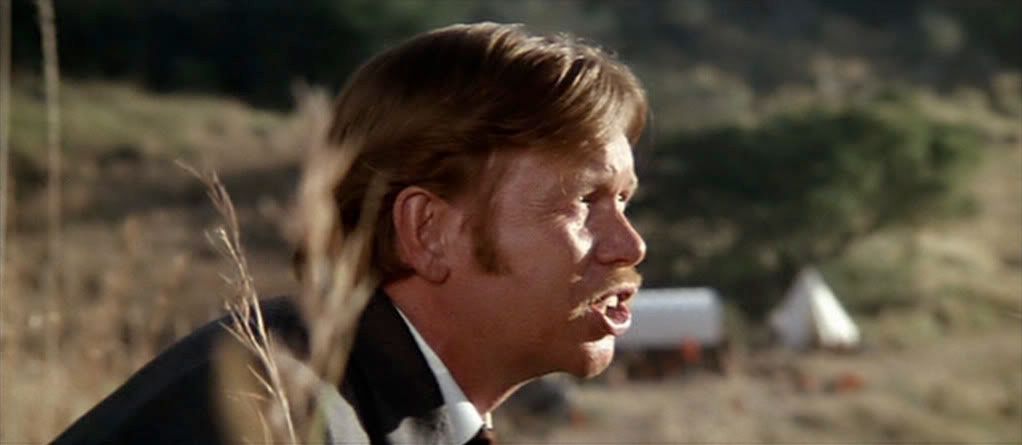
Newman (Ronald Lacey) questioning Col Crealock (Michael Jayston) about "willingly splitting his force" has been moved to the morning before Chelmsford leaves Isandlwana camp. The lighting of the scene has been changed as it is just after dawn. Also the dialogue has been altered and bugle calls signal Rouse/Reveille.
Lord Chelmsford leaves Isandlwana and the cheesy suspense music has been removed. Some shots have been repositioned and Lt. Vereker's look of impending doom or foreknowledge has been removed.
As a Zulu watches the British troops leave Isandlwana, the "bongo" or "Western Red Indian" music has been removed and replaced with amplified natural sound. Some music cues by John Barry have been added.
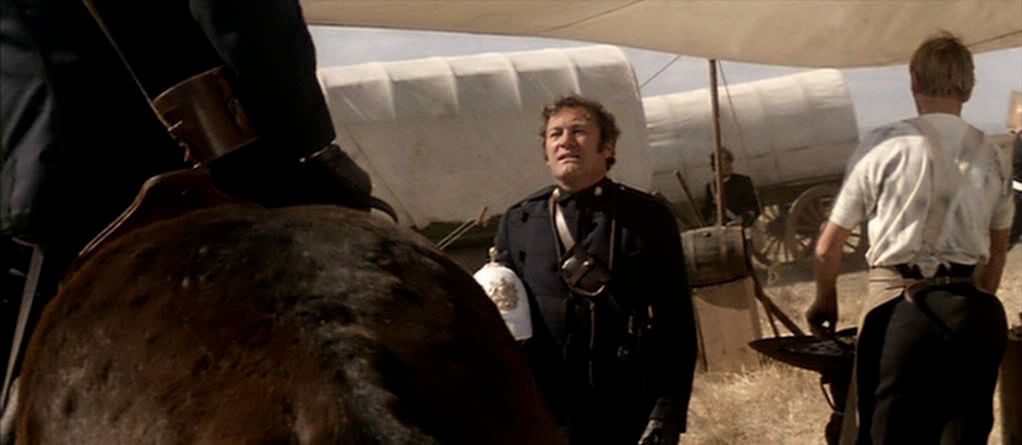
Colonel Pulleine asks Melvill to "ride to Stuart-Smith and ask to bring his artillery about". This sequence has some Bernstein score, which unfortunately cannot be removed completely but it has been shortened and "Micky-Mouse" elements removed.
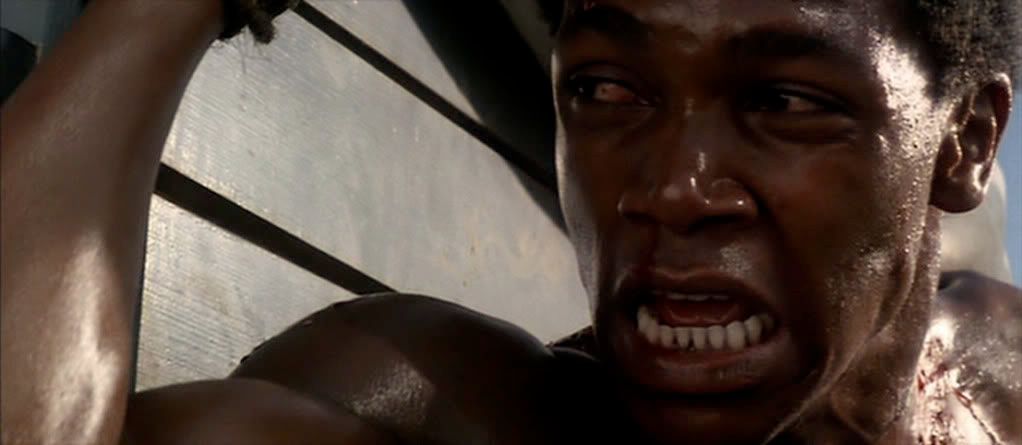
The scene where the captured Zulus escape has had the original music removed and all-new sound-design created. Score by John Barry has been added. The scene has been tightened and shots repositioned.
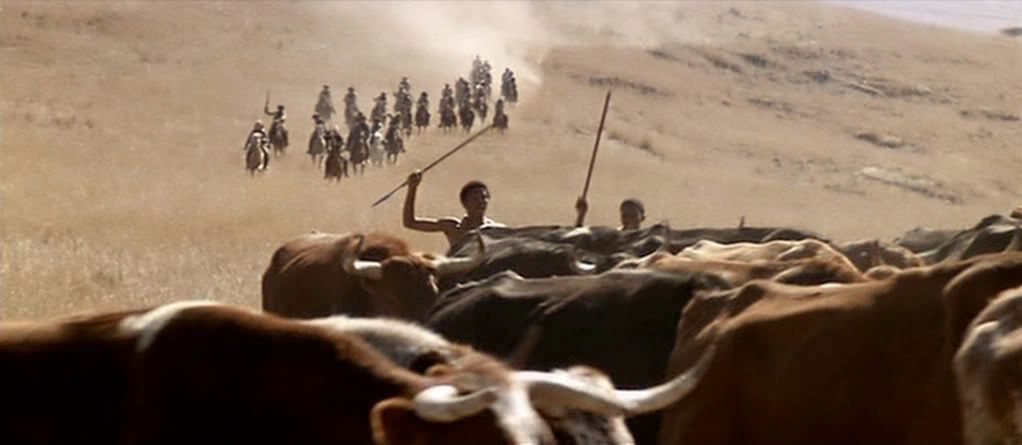
When Lt. Vereker and his men chase some Zulu herd boys, the original sound has been totally removed and replaced with new sound design. This was done because of the over-use of generic Hollywood gunfire sounds during the scene. Gunfire is heard but it is clear no-one is firing. This allows for the replacement of gunfire sounds with ones created especially for this FanEdit.
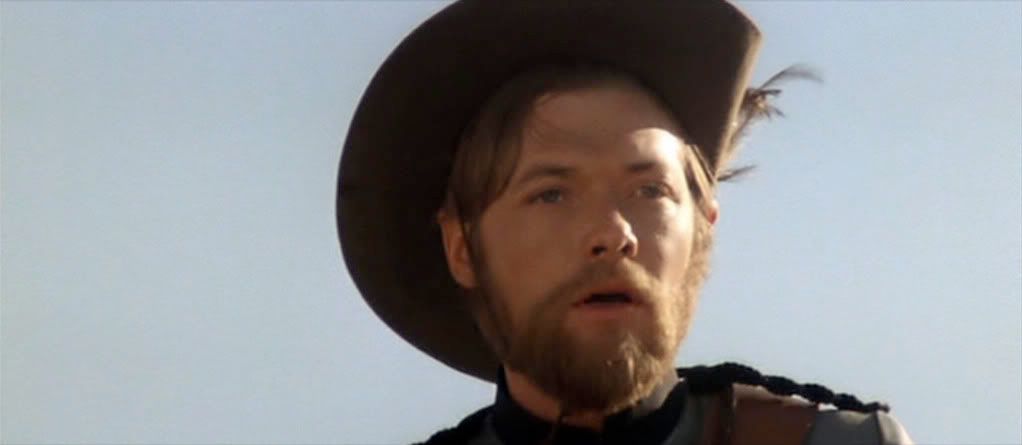
As Lt. Vereker rides to see a hugh Zulu army before him, the Elmer Bernstein score has been removed. New sound design and score by John Barry have been added.
As Colonel Pulleine gives the order for the bugler to sound the "alarm", a short music cue by Elmer Bernstein remains.

When the Zulu army is first seen charging towards the British ranks, the Bernstein score has been removed and new sound-design added. Without any score this sequence suddenly becomes more powerful. The sound of the Zulu army attacking in their thousands is impressive enough and the sound was said to resemble a "swam of angry bees", so I have tried to enhance this idea.

As Durnford stumbles into the attacking Zulus, the original music has been removed and replaced with new sound design. The original sound tries to surprise the audience with a big reveal of the attacking Zulus. Now the Zulus call out orders and move forward to attack Durnford.

As the rocket battery is attacked and killed, the original music has been removed and totally new sound-design added.
Almost all of the battle has entirely new sound design. This was mainly due to the fact that Bernstien's frenetic music plays throughout the original mono track. This allowed for some real creative freedom with the construction of the new sound design.
All gunfire sounds are entirely new and based on real recordings of a Martini-Henry rifle firing in different locations. Other new audio sounds include, explosions, horses, screams, fire, voices, rockets, ambience etc
Once the battle begins, the musical score is largely absent and plays little part to manipulate the emotions of the audience. This is brutal fighting and the amplified natural sound highlights the relentless and violent action.

A survivor of the battle commented on the noise made by the huge Zulu army as "a swarm of angry bees". With this in mind I have tried to enhance this idea with layer upon layer of sounds to create an ominous buzzing.
A Zulu warrior prepares for a kill. Behind him can be seen the beginning of the solar eclipse.
The first musical cue of the battle highlights Colonel Pulleine's shock at losing his command in such a spectacular manner.
Durnford's last moments. His pistol now has the correct sound.
Lord Chelmsford visits the battlefield. New sound design has been added including the excited call of a distant hyena.

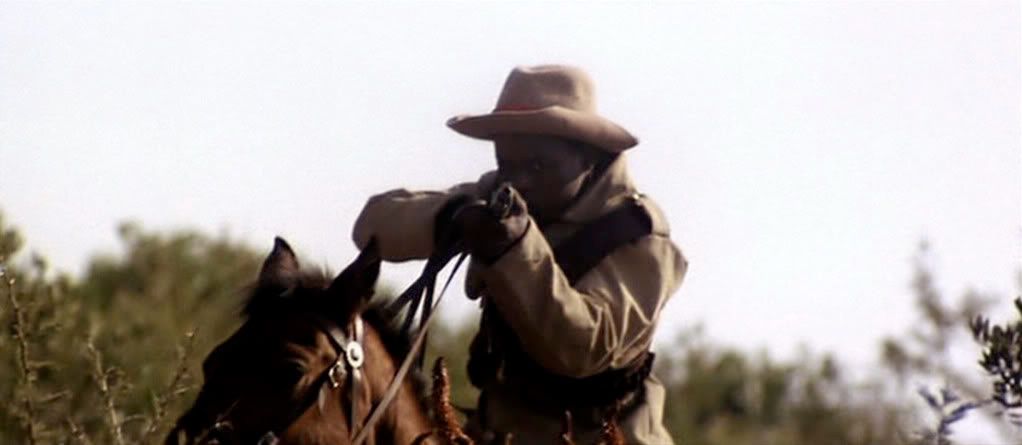











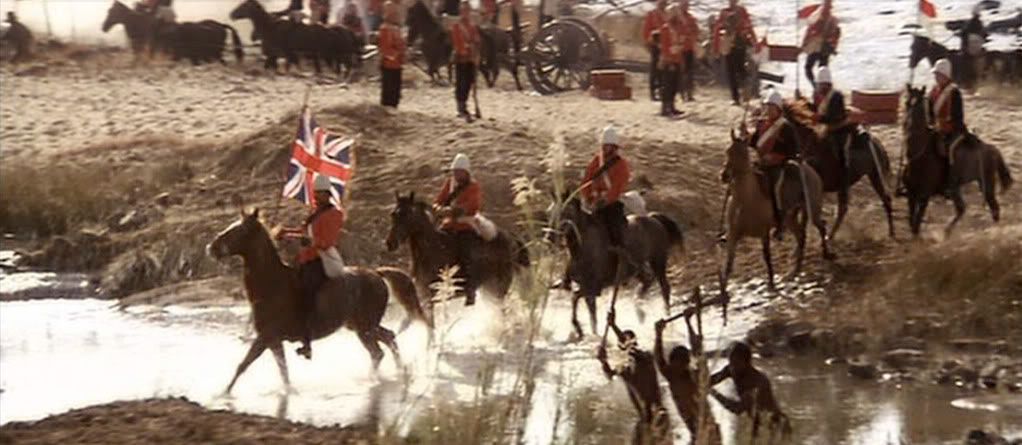
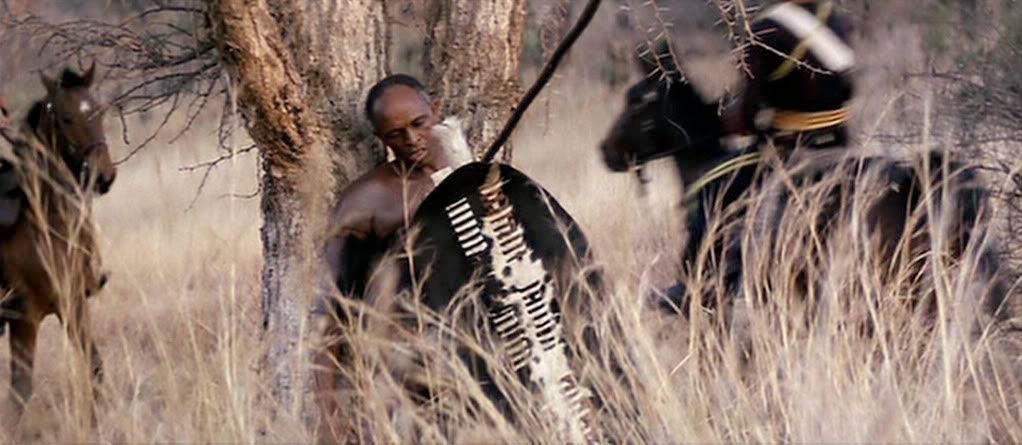
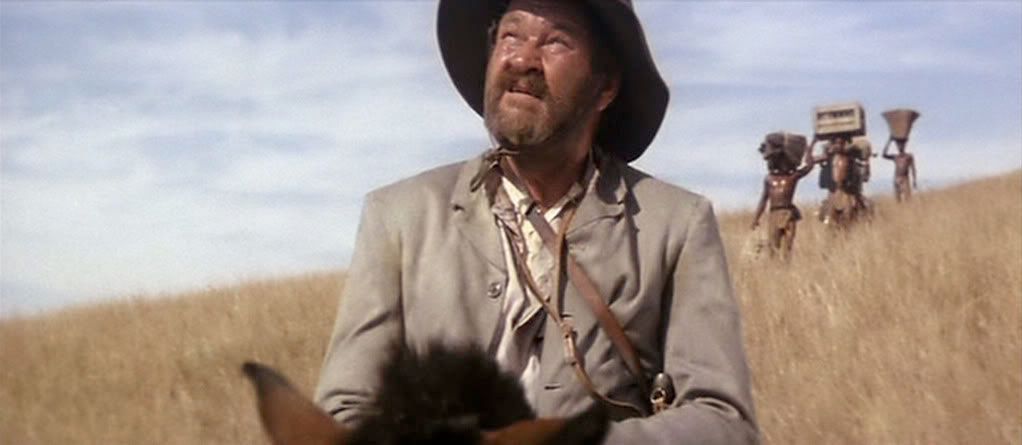
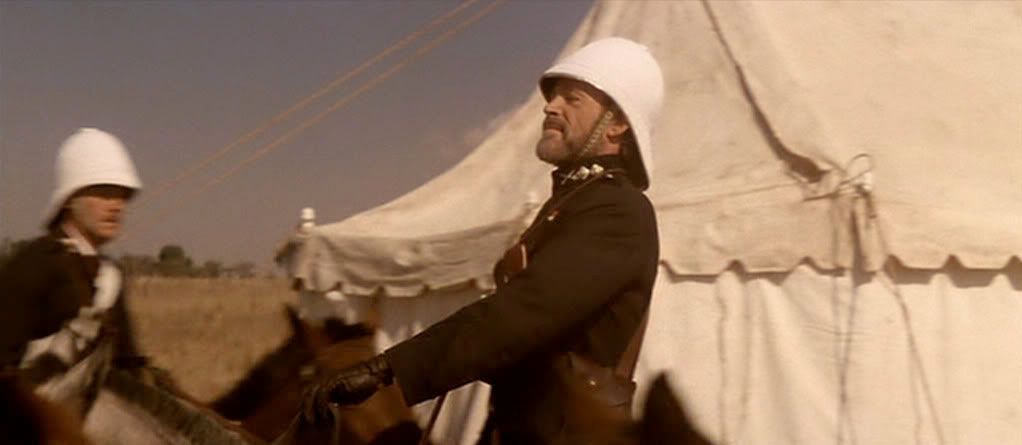

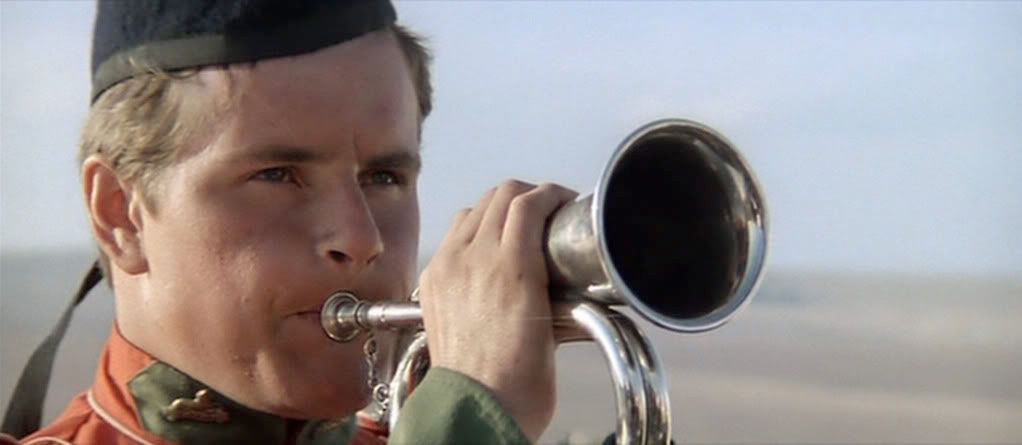
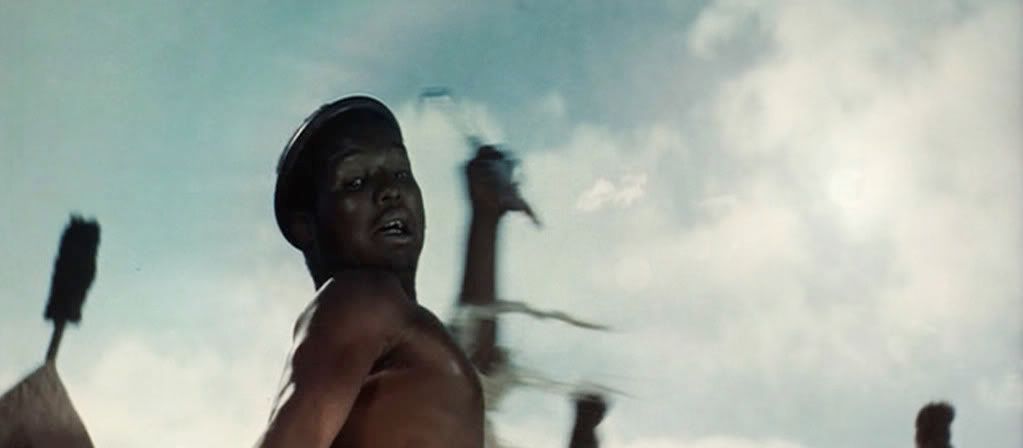
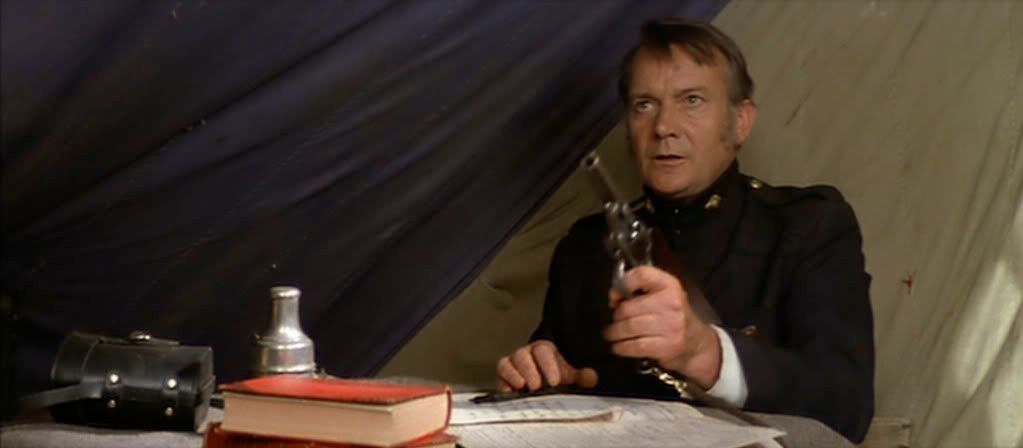
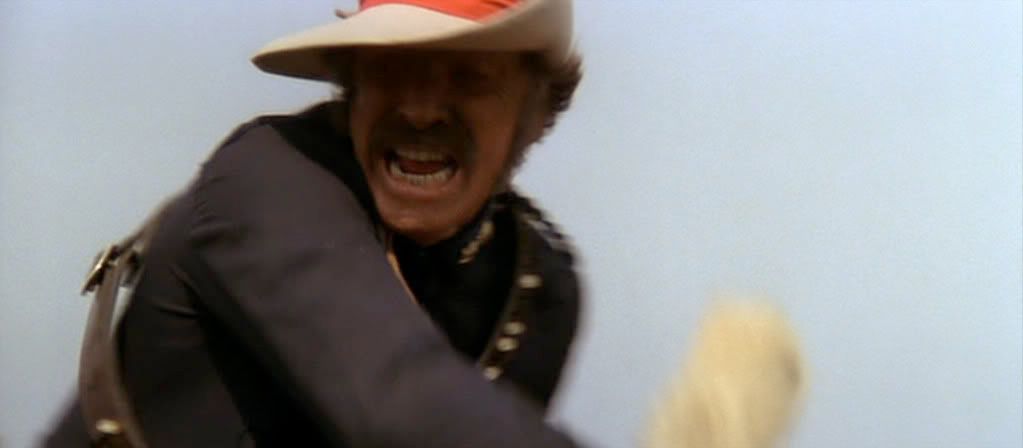
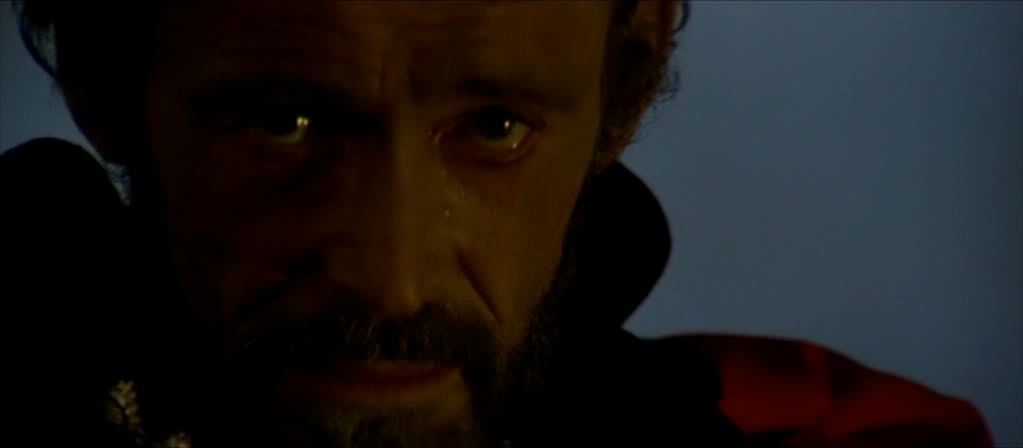
No comments:
Post a Comment